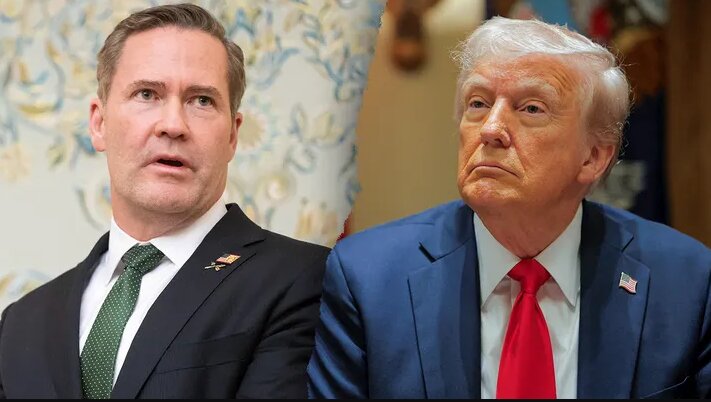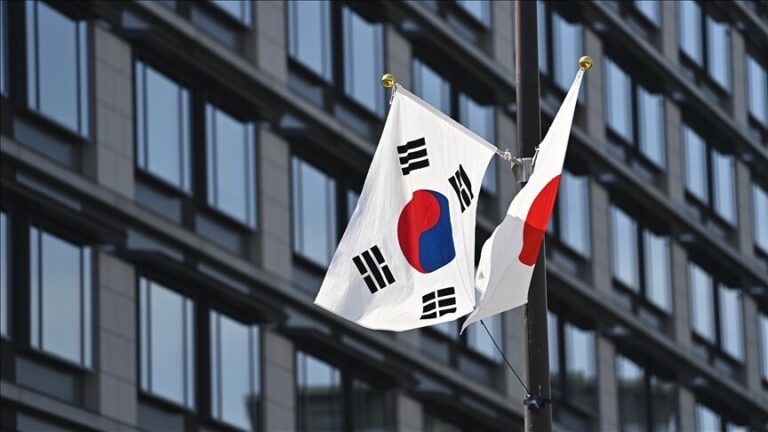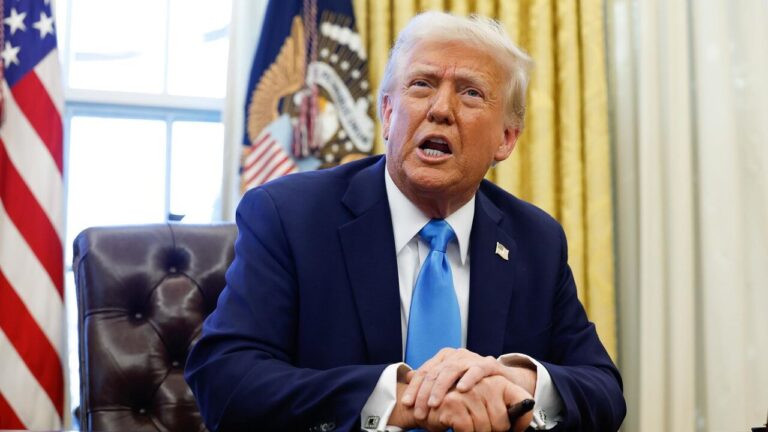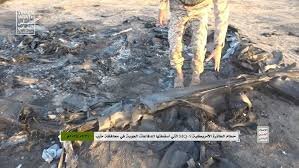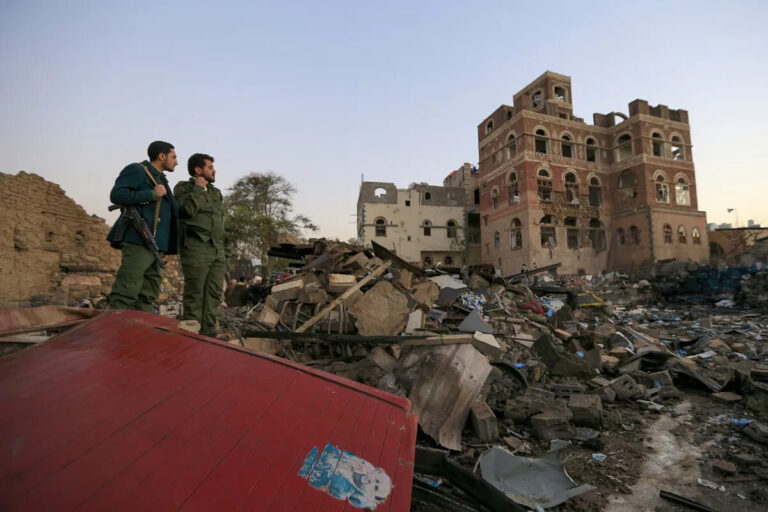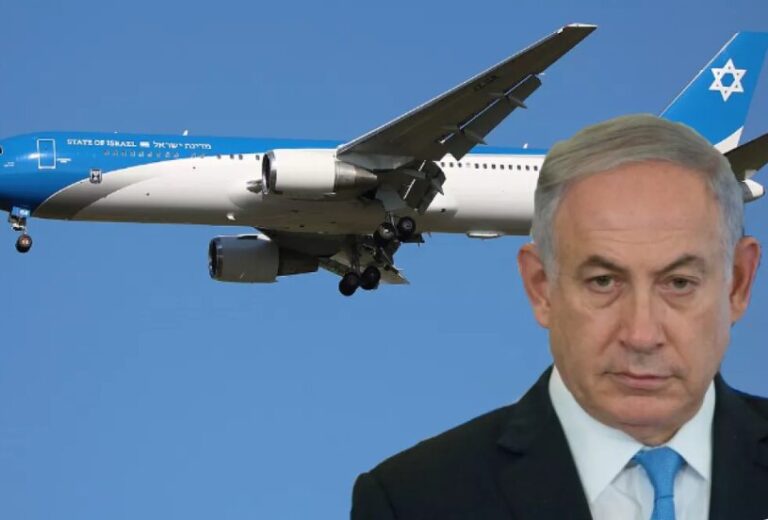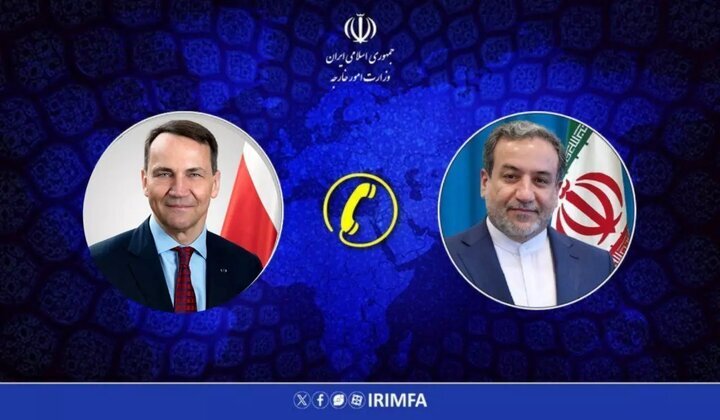Trump Removes Waltz from Position, Nominates Him for Key UN Role
In a significant shift in U.S. foreign policy, President Donald Trump has removed Mike Waltz from his role as national security adviser and plans to nominate him as the next ambassador to the United Nations. This decision, reported by the BBC, marks a pivotal moment in Trump’s administration as it navigates complex international relations.
Trump expressed his gratitude towards Waltz for his contributions in a social media post, announcing that Secretary of State Marco Rubio will temporarily take over Waltz’s responsibilities. Rubio will maintain his position as America’s chief diplomat during this transition.
Waltz’s removal stems from recent controversies, particularly a notable incident where he mistakenly included a journalist in a chat group that discussed sensitive military strategies. This blunder has raised concerns and is expected to be a focal point during his upcoming confirmation hearings for the UN ambassadorship.
As the first senior official to exit the White House in Trump’s second term, Waltz’s departure signifies a change in leadership dynamics within the administration. Trump acknowledged Waltz’s dedication in his post, stating:
“From his time in uniform on the battlefield, in Congress and, as my National Security Advisor, Mike Waltz has worked hard to put our Nation’s Interests first. I know he will do the same in his new role.”
Waltz also shared his thoughts on the transition through a brief message on X, expressing his commitment to serving the president and the nation. He stated:
“I’m deeply honoured to continue my service to President Trump and our great nation.”
This unexpected change in leadership raises questions about the future direction of U.S. foreign policy, particularly in relation to the United Nations and international diplomacy. Here are some key points to consider regarding this significant transition:
- Waltz’s Background: Before his role as national security adviser, Mike Waltz served as a congressman from Florida and had a military background, which Trump highlighted in his announcement.
- Controversies: The inclusion of a journalist in sensitive discussions has sparked debates about security protocols and transparency within the administration.
- Replacement by Marco Rubio: As Secretary of State, Rubio will step in temporarily, raising expectations about how he will manage both roles simultaneously.
- Future of U.S. Diplomacy: Waltz’s nomination for the UN position will be closely scrutinized, especially regarding his stance on international issues and relations with other nations.
The implications of this transition extend beyond personnel changes. As Waltz prepares for his confirmation hearings, several critical issues will likely come to light:
- Confirmation Hearings: Waltz’s handling of sensitive military information and the fallout from recent events will be examined closely.
- Policy Direction: His past actions and statements may influence how U.S. foreign policy is shaped under his potential leadership at the UN.
- International Relations: The new ambassador’s approach will play a crucial role in addressing global challenges and maintaining diplomatic ties.
As this situation unfolds, the administration’s focus on national security and international diplomacy will remain a hot topic. Analysts and political observers will be keen to see how Waltz’s confirmation process progresses and how it may shape the future of U.S. engagement with the United Nations.
In conclusion, Mike Waltz’s transition from national security adviser to a potential UN ambassador represents a significant shift in the Trump administration’s approach to foreign policy. With the world watching closely, the upcoming confirmation hearings will play a crucial role in determining the future of U.S. diplomacy on the global stage.
As always, we will continue to monitor this developing story and provide updates on any new information regarding Waltz’s nomination and the implications for U.S. foreign policy moving forward.
